With RWA National only four weeks away, it's time to warm up those presentation skills for those knee-quaking pitch sessions with editors and agents. To help us prepare, I've invited talented author CJ Lyons to join us with tips on how to successfully pitch your novels to industry professionals. Hope this helps!
KJ Howe
Secrets of Pitching from CJ Lyons
Award winning medical suspense author CJ Lyons has had requests for manuscripts every time she has pitched her work. Here are a few of her secrets to success:
First of all, relax. 90% of the time the person you're pitching to is going to ask for your material if it is anything that sounds at all like what they are looking for. And since you did your research ahead of time, you already know what they're looking for, right?
Second of all, the agents and editors will probably listen to 100 or more pitches during their time there. Guess what? They won't remember any of them.
BUT they might remember you. That's what you want, to make an impression—hopefully a good one.
Why? To build that emotional Velcro, make a connection.
So, how to make a good impression? Of course, be professional, act professional. Come prepared, display poise and confidence. Have a business card to offer, lay it on the table between you so the agent can glance at it when they're forgotten your name.
On the back of this business card, type the title of your book and a short (15-20 words) hook or tag line. This way the editor will remember both you and your book when they get back to NYC.
Next, use your pitch to elicit questions. Remember, you are NOT there to describe your book. You're there to make an impression, so that when you send in your work the agent or editor will remember you.
Keep your actual pitch short and sweet, to hook your audience and keep them asking for more. It's that simple.
So you give your twenty second pitch (it shouldn't be any longer) and the agent nods and asks a few questions and wants the full manuscript. Mission accomplished, right?
Not quite. That should take maybe five minutes, probably less, of your allotted time. Don't waste the rest!! Use it to cement that professional impression, to increase that emotional Velcro.
Think of it as a job interview—only now it's YOUR turn. Come prepared with some well-thought out professional questions for your agent and editor. Things that will make that glazed expression in their eyes fade away as they sit up and actually talk with you instead of being barraged with pitches.
Here are a few:
--where do you see the (insert genre) market going?
--any recent successes? OR better yet, do your research ahead of time and compliment them on a client's success
--what's the best advice you would give a writer trying to break in?
--what's the best book you've read recently?
You get the picture. Suddenly you've turned a one-way pitch session into a professional conversation. Guess what? People remember conversations. People have conversations with people they like. People they want to do business with.
Bingo!! Mission accomplished!
Also, be prepared by bringing the synopsis and first few chapters with you. 99% of the time the agent or editor will NOT want them (they don't want to carry stuff on the plane back home) but there are exceptions.
The very first time I ever (ever!) pitched it was to Donald Maass. He liked my pitch, liked my credentials even more (it was a medical thriller) and asked if I had the first chapter with me. To my amazement, he sat there and read it, right in front of me!
He made it through the first ten pages or so and proceeded to give me the best writing lesson I ever had. He ripped it to shreds, told me about conflict on every page and basically our fifteen minute meeting turned into a very dynamic critique session as we brainstormed alternative openings and plot lines.
Moral of the story: always be prepared.
Thanks for reading and good luck with your pitches!
Award winning medical suspense author CJ Lyons is a physician trained in Pediatric Emergency Medicine. Winner of the Golden Gateway and a Golden Heart Finalist in Romantic Suspense, CJ is a member of Mystery Writers of America, International Thriller Writers, Romance Writers of America, and Sisters in Crime. Her writing has appeared in Romantic Times BookReviews, CrimeSpree and Spinetingler. Look for her debut novel, LIFELINES, coming from Berkley in April, 2008. Contact her at www.cjlyons.net
CJ, thanks for joining us today! I'd love to hear from our readers how they best prepare for pitch sessions. Good luck to everyone at National!
KJ Howe
Subscribe to:
Post Comments (Atom)

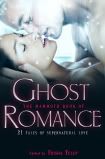
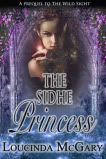
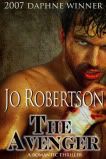
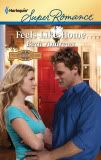
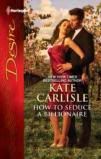

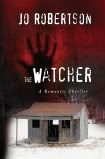














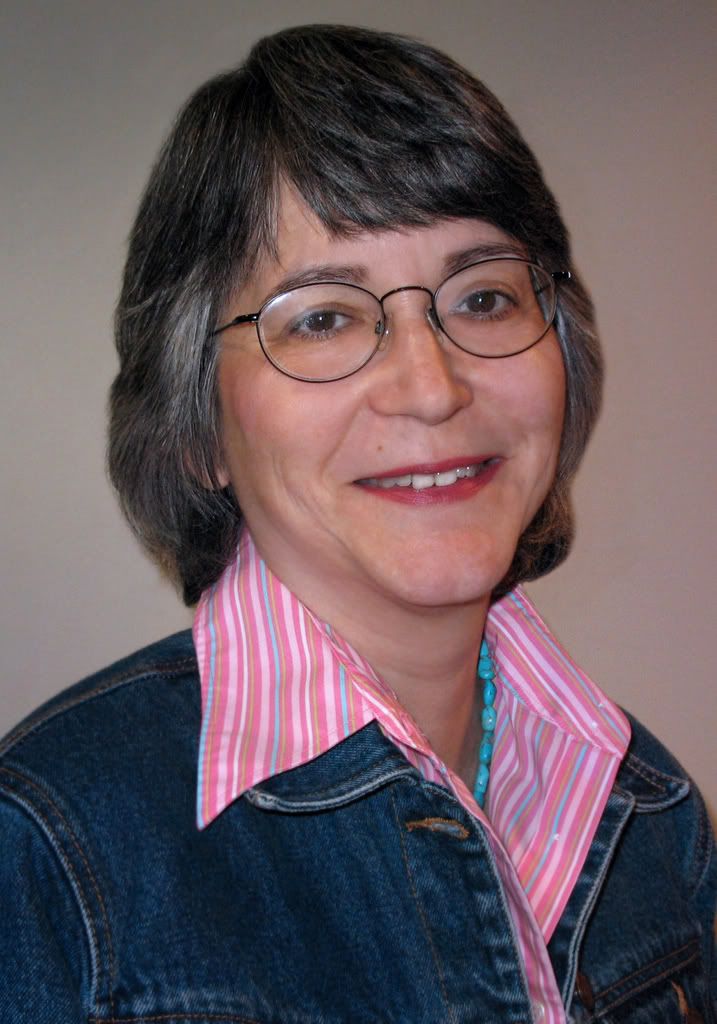




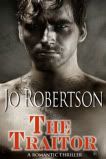




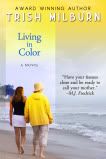
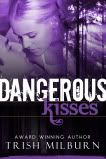









































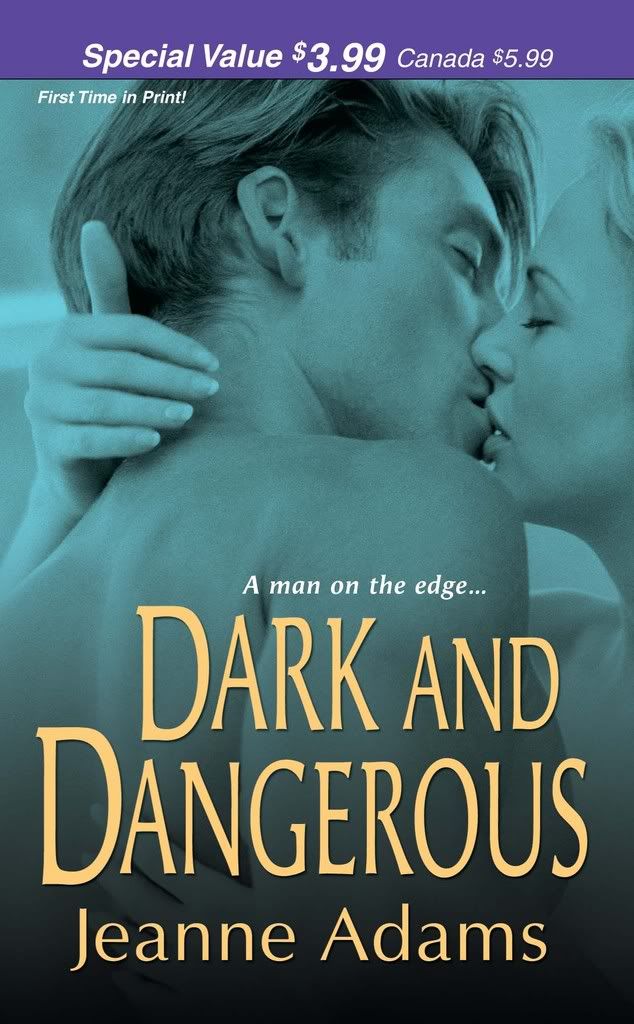



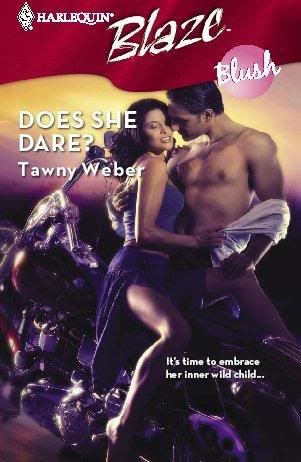





26 comments:
Hi Kim and CJ,
THANX for a GREAT interview!
CJ, I'm still hyperventilating over your Donald Maass story. ACK! As soon as he started reading it right there in front of me, I'd have passed out cold! WOW! You are one gutsy woman with nerves of steel!
AC
who becomes that whimpering bowl of jelly in front of agents and editors
LOL! Nah, no nerves of steel, just pure stubborness--probably the best quality any writer can have.
Remember, these folks are pretty much bored, their butts have fallen asleep from sitting all day long, and they're dying for a real conversation.
So no need for nerves, just treat them with the same respect you'd give any fellow professional--and remember, you're a professional as well!
CJ: What a fabulous article--the best on THE appointment I've seen. Thank you!
Thanks, CJ! I wish I'd known all those tips when I did my one and only conference pitch--coincidentally, to Donald Maass! Thanks for bringing CJ in, Kim. I'm sure you are a master at the pitch, too.
Glad you enjoyed the article!
See, AC, Christine survived "The Donald" as well--he's only human, lol.
And yeah, Kim can pretty much sell ice to Eskimos when she has a mind to...
What a terrific post! And helpful to writers at all levels. Your info on SINC brought me here for the first time..and I'm so impressed! I'll be back...and visiting your websites too.
Thank you for all the insight.
The idea of putting out a business card to remind agents of your name--that's genius, and useful for so many occasions.
And CJ, I can't wait for your book.
Hank
Thanks, Hank! I'm so glad you found my ideas helpful.
I can't wait for LIFELINES either--it's been a loooong and twisted road to publication, but that's another story, lol.
As you all know, I am not a writer. Just an avid reader. But I must say I was quite intrigued with this post. I thought the best suggestion was the business card with your book title and short line on the back. Very creative!!! I hope THE pitch works out for all of you!!!
Keira -- are you pitching any books this year?
Wow, what great advice!! Thanks CJ and thanks, Kim!
CJ, I've attended several Donald Maass workshops and I think he's fabulous! That surely must've been one of the most intense and entertaining 15 minutes ever!
You're welcome! Yeah, those fifteen minutes with Donald were better than reading volumes of books on how to write!
Biggest take home lesson (has nothing to do with pitching, so bear with me): Conflict on Every Page.
Thanks again for inviting me here, I love talking about this stuff!
CJ,
Wow, that pitch with Donald Maas outdoes meeting up with Nora in the elevator! LOL! I could FEEL your confidence.
My very first pitch was in NYC. Now, granted I took a last minute editor appt. when I arrived deciding it was "practice" for ME because she wasn't representing my type of mss. (Historical/Roman).
I was as nervous as the next person but those nerves soon turned to disbelief. The editor I had chosen interuppted me 15 sec. into the pitch, continued to interuppt me to the point of rudeness and asked me to send her a partial pretty much letting me know my concept was pathetic.
I am by nature a confident person and this behavior appalled me. Five minutes into this pitch I interuppted HER, thanked her for her time, shook her hand and left my appt. early. I could see the surprise in her face and in the eyes of others in the room.
I was irate at this rudeness. Not for me as I had realized my mss. would not be a good fit, but for her complete lack of manners. All I could think was how her behavior would have devastated some of the more fragile writers wringing their hands outside her door!
Wow, Joan!! What a story--sounds like you acted in a professional manner even if she didn't.
Maybe her blood sugar was low after wading through pitches all day? Not to excuse her behavior, but just to say that we'll never know, although it probably had nothing whatsoever to do with your pitch or book.
I did have one time when my appointment was switched at the last minute by conference organizers and I was placed with an editor who was mainly interested in YA. Even though I'm a pediatrician, I do NOT write YA...in fact that's why I use a penname, my books are rated R for sex and violence and I didn't want my patients to accidently pick them up.
Anyway, we got to talking, and by the end of the conversation, even though I hadn't done more than give her the tag line for my latest project, she was interested enough in me as a person to request a full, saying she occasionally pursued projects in other genres.
Too bad she left to join a literary agency four months later, leaving my ms in limbo, but that's the way this biz goes sometimes :)
CJ, thanks for being here and such a great story. I'm still working on the 'I'm a professional too' part of the process.
Thanks.
CJ, great tips for pitching our manuscripts. Thanks so much for visiting. jo
Jill, anyone willing to put the time and effort (not to mention blood, sweat, and tears) into completing a ms deserves to be treated as a professional, in my opinion.
What's the old saying? The only difference between a published and unpublished author is perserverance...
In other words, attitude IS Everything!
CJ: I was much intrigued by his "Conflict on Every Page" comment. Did he say what kind of conflict this is? I've heard of attempting to do GMCs across scenes and across chapters. But how do you get conflict on every page? Thanks!
Buffie: No pitches this year.
CJ, thanks for visiting and what a fabulous column! Pitching is utterly terrifying, especially the first time you do it, and your advice was the clearest I've ever seen. Fantastic! I love your emotional velcro line! What a great way to think about creating that connection.
CJ, thanks for the kind words. Now I'm raring to go. My new mantra: I'm a professional too. LOL
Keira,
Conflict on every page is just that--creating tension that will keep your reader reading. It was probably the hardest part of writing to learn and why that meet with Donald was so vital!
I teach several month-long courses in writing that cover this, but the quick answer is that in every scene, on every page, you should have a character wanting something and not getting it.
It could be as simple as wanting to walk down the street and looking at the view but not getting that peace and quiet because their emotions color the scene (and your description of it, of course), creating inner conflict.
Or they want to cross the room to get a glass of water but another character stops them to ask them a question, now you have outer conflict (comes from another character standing in their way)
Conflict doesn't have to be guns and explosions or ticking bombs. Sometimes quiet conflict is far more compelling for a reader.
Imagine two women preparing a salad together, slicing veggies. No conflict, right?
Now imagine that one is married and the other is sleeping with her husband....and they both know it. See those knives snick back and forth as they exchange banalities, denying the elephant in the room in an oh-so-civilized fashion.
Are you feeling the conflict yet? It's like an electrical current under your skin, yes?
Now translate that to the reader by using your word choices, nonverbal communication and careening that off the "normal" conversation that's acting like background noise for the REAL conflict of the scene.
Hope this helps!
Thanks, Anna! I love that concept of emotional velcro, but I have to confess I think I "stole" it from someone, maybe David Morrell or Stephen King?
The important thing is to make a connection with your reader (or listener). The best way to do this (again I spend weeks going over this in my workshops, so I apologize for the brevity here) is to use three kinds of details:
Visceral (revealing how your character feels), Evocative (creating emotion in your reader), and Telling (revealing the specific details that make your character's situation and environment unique).
Yeah, Jill!!! Best of luck with your next pitch!
CJ,
Thanks for doing such a great job on the pitching article and answering everyone's questions so thoroughly! We'll definitely have to invite you back on another topic.
Let's say something in your book is a bit of a drawback (eg. setting, the occupation of your heroine), do you recommend avoiding that in the pitch, or meeting it head on?
Thanks!
KJ
Gee, Kim, just leave the tough questions for last, why don't cha?
Just kidding--that's a great question, because it's all in perception. Something you may see as a "drawback" or struggled with during the writing of the book may be exactly the thing this agent or editor is looking for!
So first of all, do your homework. Research the agent/editor you're pitching and see what they've bought lately (Publisher's Lunch, even the free version, is wonderful for this). Check out any interviews or blogs they've done and see what they say they're looking for.
Now, if you just KNOW they aren't looking for a rock n roll drummer/werewolf/shoe-obsessed heroine and that's what you have, then you need to decide how to get them interested in the book before you spring that on them.
"High concept" pitches are great for this. To create a high concept, take one unique part of your story and combine it with the audience's universe in a new and compelling way.
Stephen King rocks at this. Take Carrie's high concept: Prom Queen (unique item) terrorizes small town (universal concept).
No mention of pig's blood or menstration or religious fanatic mothers or anything "unsaleable", it grabs your attention and makes you want to know more.
Obviously if the "drawback" item is a minor part of the book, you say nothing, let them read the full and see what their thoughts are. But I'm assuming you mean a major "problem" like your hero or heroine.
Hope this helps!
Thanx again, CJ for hanging out with us Banditas!
Your comments and examples about pitching have been GREAT!!!
Please do come back and visit us again SOON!
Thanks so much for having me here! In case you can't tell, I loooove talking about this stuff!
I'd be happy to come back anytime, this has been a blast!
Happy writing,
CJ
ps: anyone who has more questions feel free to drop me a line at cj@cjlyons.net. If you want a copy of this article on pitching, go to my site http://www.cjlyons.net and click on the "Extras" page
Post a Comment